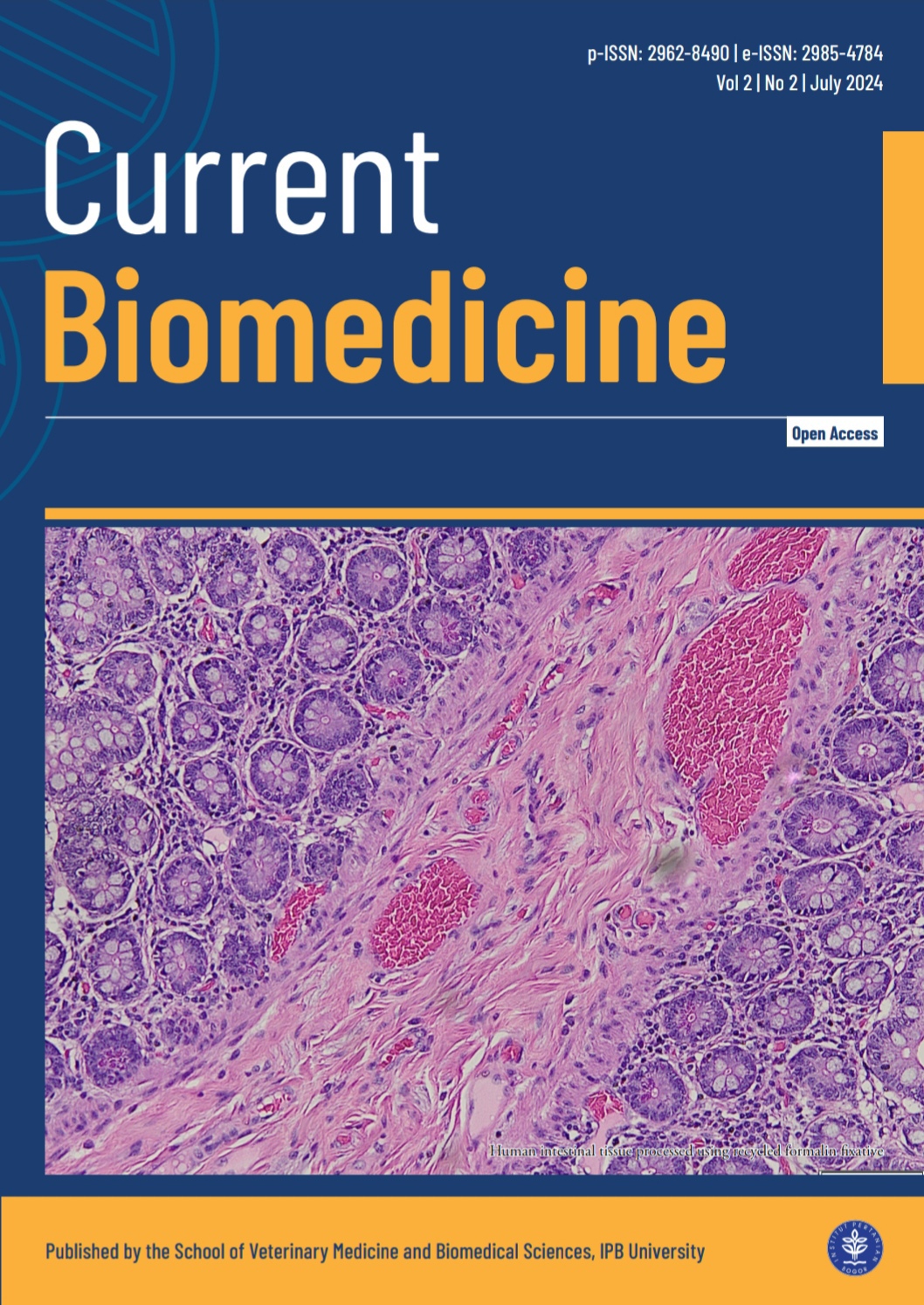In vitro and in vivo effects of curcumin on oral cancer: a systematic review
Abstract
Background: Current therapy for oral cancer (OC) patients, including surgery, radiotherapy, and chemotherapy, still have many shortcomings. Therefore, the discovery of natural products to prevent and treat cancer is receiving increasing attention, one of which is curcumin. Curcumin (diferuloylmethane) is a polyphenolic compound found in turmeric (Curcuma longa) and has been widely used as a herbal medicine because of its effects on health, one of which is as an anticancer agent. Objective: This study aimed to systematically and comprehensively review and summarize the anticancer effects and mechanisms of action involved of curcumin on OC cells. Methods: A systematic review methodology was employed adhering to the Preferred Reporting Items for Systematic Reviews and Meta-Analyses (PRISMA) 2020 guidelines to review and summarize previous studies published in databases, including PubMed, ScienceDirect, and Google Scholar. The final results included 14 articles, both in vitro and in vivo studies. Results: Based on several preclinical studies regarding the effects of curcumin on OC cells, we highlight that curcumin has a strong potential in inhibiting OC cells through exerted effects such as immunomodulatory and anti-inflammatory effects, through inhibition of cell proliferation, invasion and migration, and angiogenesis, as well as through the induction of apoptosis and autophagy. Conclusion: The systematic review presented in this paper concludes that curcumin possesses the potential to inhibit the development of OC cells through several mechanisms of action related to immunomodulatory effects, anti-inflammatory effects, cell proliferation, invasion and migration, angiogenesis, apoptosis, and autophagy.













